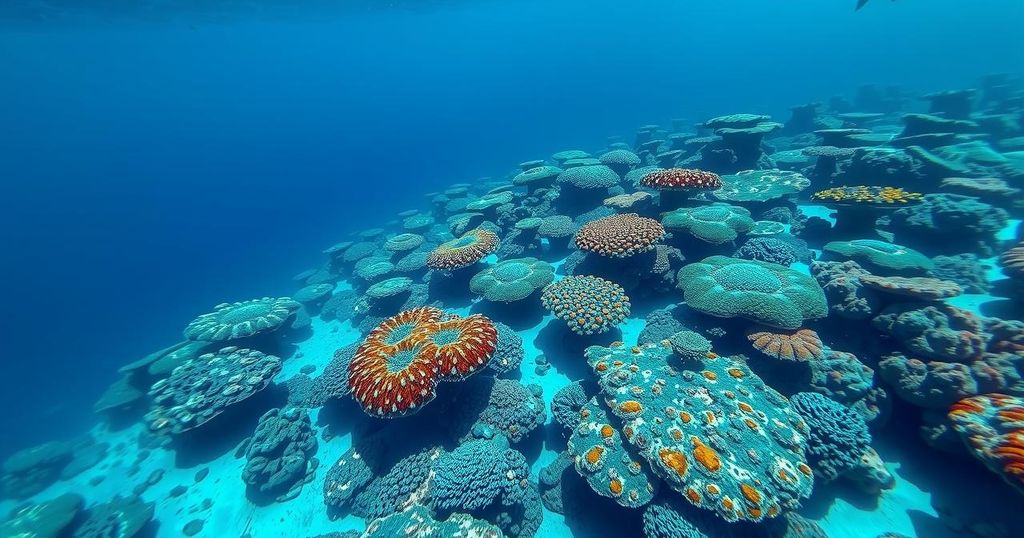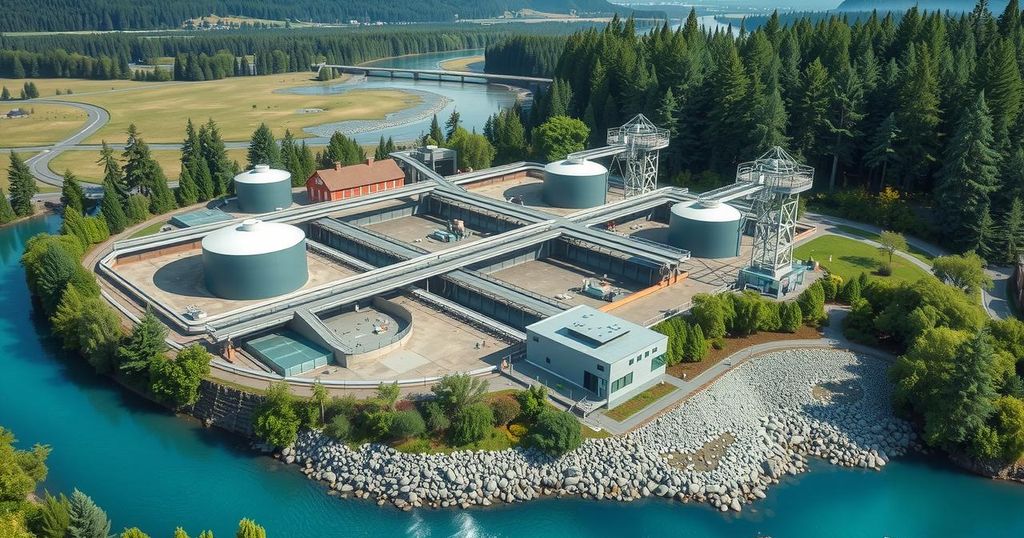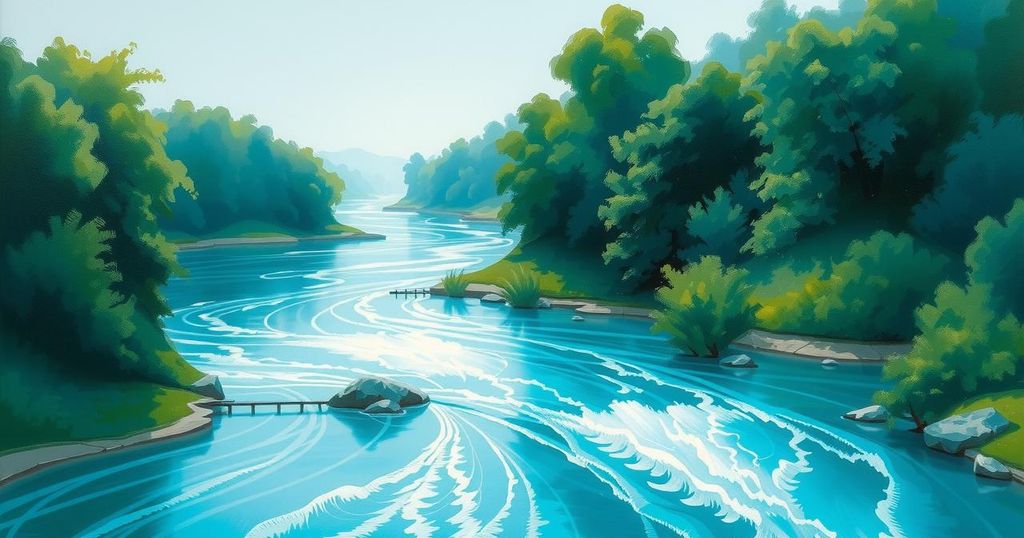Climate change endangers several world-renowned tourist destinations, including the Great Barrier Reef, Venice, and the Maldives. The decline of these natural wonders threatens local economies reliant on tourism. Key impacts include loss of marine ecosystems, increased flooding, shrinking glaciers, and rising sea levels. Sustainable practices and adaptation are essential for the survival of these iconic locations and the tourism industry.
Climate change poses significant threats to world-renowned destinations, from the Great Barrier Reef to Venice and the Maldives. The Great Barrier Reef has lost about 50% of its coral cover since 1985 due to rising ocean temperatures, leading to severe coral bleaching. This deterioration impacts marine life and diminishes the tourism industry reliant on the reef, resulting in economic instability for local communities. As the reef’s health continues to decline, both environmentalists and businesses must seek sustainable solutions to preserve this vital ecosystem.
Venice faces rising sea levels that lead to frequent flooding, jeopardizing its historic architecture and cultural heritage. Events known as “acqua alta” are expected to increase by up to 50% by 2100, further threatening the city’s tourism-dependent economy. While measures are being implemented to construct barriers and enhance drainage, the sustainability of Venice’s tourism industry remains uncertain, emphasizing the broader impact of climate change on urban tourism globally.
In the United States, Glacier National Park is experiencing significant glacier retreat, with predictions suggesting complete disappearance by 2030. This change disrupts the park’s wildlife and scenery, essential for attracting millions of visitors annually. The altering landscapes highlight the vulnerability of natural attractions to climate fluctuations, urging tourism operators to adapt their services to accommodate shifting ecosystems.
The Dead Sea, located in the Middle East, is shrinking dramatically, with water levels dropping by over one meter each year due to climate change and water diversion from the Jordan River. The area’s therapeutic properties attract tourists, yet receding shorelines and sinkholes threaten the tourism infrastructure. Adaptation is necessary for local businesses amidst these challenges, raising concerns over the region’s long-term viability as a destination.
The Maldives, famous for its stunning beaches and luxury resorts, faces a dire future as rising sea levels threaten to submerge much of the nation by 2100. The tourism sector, a crucial element of the Maldivian economy, is highly vulnerable to these changes. Despite government efforts to bolster infrastructure against rising waters, uncertainties regarding the islands’ long-term viability persist, alarming travelers and businesses dependent on this paradise.
In Europe, the Alps are experiencing reduced snowfall and shortened winters, impacting ski resorts and communities reliant on winter tourism. Some regions report up to a 30% decline in snowfall, prompting resorts to explore artificial snow-making—an unsustainable long-term solution. Thus, resort operators are diversifying into summer tourism, necessitating a reevaluation of how visitors interact with mountainous destinations.
Antarctica is witnessing record low sea ice levels that threaten ecological stability and local wildlife. Eco-tourism, which flourishes on the continent’s pristine landscapes, faces scrutiny as operators balance economic growth with environmental preservation. Sustainable tourism practices are crucial to protect this delicate ecosystem for future generations.
Fiji’s coastal communities encounter threats from rising sea levels and increasingly frequent cyclones, which compromise infrastructure and natural resources. This reality jeopardizes the lucrative tourism sector, which relies on the islands’ attractive beaches and coral reefs. Local communities are proactive in adapting through sustainable practices and relocation efforts, although biodiversity loss may deter potential visitors.
The Amazon Rainforest is increasingly threatened by droughts and rising temperatures attributed to climate change, resulting in intensified deforestation that impacts biodiversity and eco-tourism. As a vital area for global carbon sequestration, the rainforest’s rapid decline endangers both the environment and the tourism sector. Conservation efforts are essential to safeguard this unique ecosystem and its appeal to eco-tourists.
These iconic locations exemplify the profound impacts of climate change on the global tourism industry. Rising sea levels, glacial retreats, and changing ecosystems necessitate adaptations from both tourism operators and travelers to ensure these destinations’ sustainability. Furthermore, a focus on eco-tourism, sustainable travel practices, and the protection of fragile environments will be fundamental for the future of travel.
In conclusion, climate change is profoundly affecting iconic destinations worldwide, threatening their ecological integrity and tourism-dependent economies. From the Great Barrier Reef to the Maldives, impacted areas face urgent challenges that necessitate immediate attention and adaptation. In light of these threats, the global travel industry must emphasize sustainable practices, eco-tourism, and collaborative efforts to preserve these treasured sites for future generations.
Original Source: www.travelandtourworld.com




